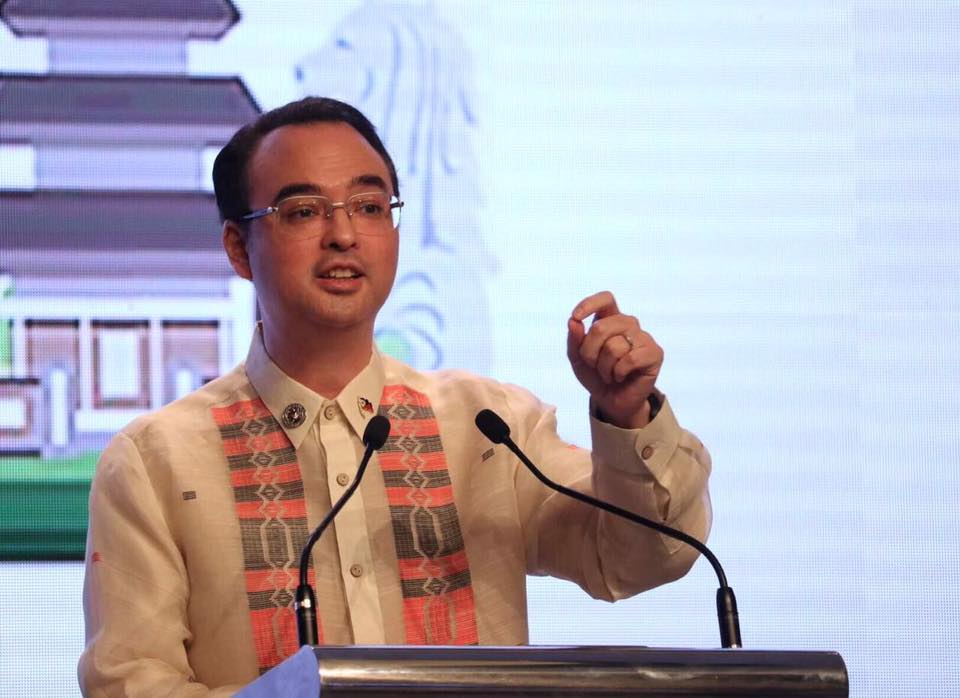News
PH welcomes SoKor, NoKor resumption of talks

FILE: DFA Secretary Alan Peter Cayetano (Photo: Alan Peter Cayetano/Facebook)
MANILA — The Department of Foreign Affairs (DFA) on Friday expressed optimism that the decision of the Democratic People’s Republic of Korea (DPRK) to resume talks on January 9 with the Republic of Korea (ROK) would be the start of a meaningful dialogue.
In a statement issued hours after South Korea’s Unification Ministry announced North Korea’s acceptance of its proposal, DFA Secretary Alan Peter Cayetano said he is hopeful that the agreement to resume negotiations will lead to the denuclearization of the region.
“The Philippines has constantly advocated for a peaceful and diplomatic resolution to the situation in the Korean Peninsula, and we encourage both countries to continue taking concrete efforts towards this end,” he said.
The official also noted that the Philippines is committed to play a role in bringing about peace and stability in the Korean Peninsula “as this would usher in progress and prosperity that would also benefit the rest of the region.”
This development came following the reopening of communication lines between ROK and DPRK on Wednesday.
According to the United Nations, this communication channel, established in August 1972, was cut in February 2016 by Pyongyang after Seoul decided to close the inter-Korean industrial zone of Kaesong, in the wake of a nuclear test by DPRK.
For his part, Cayetano thanked members of the international community that have contributed to the efforts to bring both parties back to the negotiating table, including the Association of Southeast Asian Nations and China.
He also said the decision of Washington and Seoul to delay their scheduled annual military exercises contributed to the lowering of tensions that helped open the door for the resumption of official talks between DPRK and ROK.
In the statement, the agency said the country maintains its position against the nuclear weapons program of DPRK.
It also reiterated calls for North Korea to abide by prevailing UN Security Council (UNSC) resolutions.
To recall, the council on December 22 tightened sanctions on DPRK, increasing the depth of measures imposed in the wake of its continued nuclear and ballistic weapons program which the UNSC described as “flagrant disregard” of its resolution on non-proliferation.
In 2017, the hermit kingdom fired more than a dozen ballistic missiles, including its latest and “highest-ever” intercontinental ballistic missile that landed on Japanese waters last November 28.





















